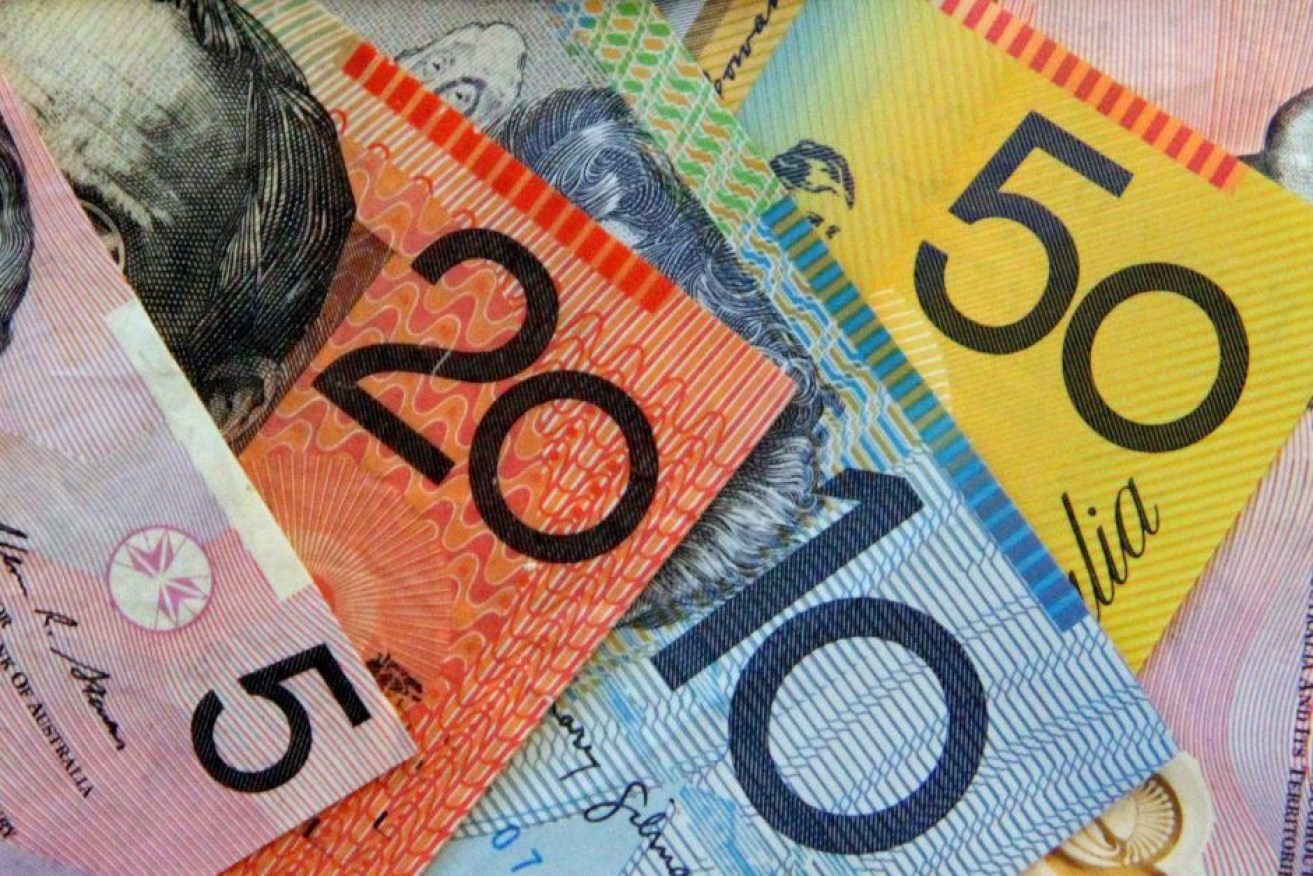Here’s what to consider when paying off debt


With more rate cuts on the way, now might be a time to pay off some debt. Photo: Getty
Interest rate cuts have come thick and fast in 2019.
The Reserve Bank dropped the official cash rate three times in the five months since June, after holding steady at 1.5 per cent for 2½ years.
And RBA governor Philip Lowe has repeatedly stated his willingness to take the cash rate even lower over the coming months.
According to Treasury, banks responded to the RBA’s moves by cutting home loan rates by an average of 0.57 per cent – the equivalent of a $1500 annual saving for someone with a $400,000 mortgage.
Faced with weak inflation and rising unemployment, Australia’s economic managers hope consumers will spend that extra cash.
But, with the threat of possible recession, now wouldn’t be a bad time to pay off some debt.
Here are some strategies to help you.
1. Calculate how much you owe
It’s hard to manage your debt if you don’t what you’re dealing with.
Start by putting together a spreadsheet with all debts, the interest you’re paying on each amount, and the lenders from whom you’ve borrowed.
2. Draw up a budget
Once you’ve calculated how much you owe, you can then go about working out how much you can afford to repay each month.
First, write down how much you earn. Then track your expenses.
You can either do this manually, by trawling through your spending history on your mobile banking app, inputting every line item into a spreadsheet, and grouping your spending into distinct categories.
Or you can employ a free mobile budgeting app, such as Pocketbook, to do it for you.
When you have a clear picture of your income and expenditure, you can work out how much debt you can afford to repay each month.
The National Debt Helpline recommends setting aside at least 10 per cent of your income, in case of emergency.
3. Prioritise your debt
When it comes to paying off debt quickly, certified financial planner Stevie-Jade Turner recommends a strategy known as the “snowball method”, in which borrowers focus their attention on one debt at a time.
“The easy win here is looking at the thing that has the smallest balance, maintaining your other payments as they are, but adding in extra to repay the smallest balance quicker,” Ms Turner told The New Daily.
“And then when that debt has completely gone, the payments you were using towards that debt can then be put towards the next smallest balance.
“It’s called the snowball, because your repayments will get larger, which fast-tracks the repayment of each loan.”
Ms Turner said paying off the smallest balance first will provide the self-belief and motivation borrowers need to get on top of their finances.
4. Consider consolidating your loans
Combining multiple loans into one may make life simpler, but it doesn’t always make good financial sense, as some lenders will charge you a higher interest rate for the convenience.
SocietyOne chief marketing officer Melissa Cicero said the trick is to shop around before signing on the dotted line.
“Personal loans come from a range of lenders: Banks and credit unions, as well as an increasing number of newer digital lenders, such as peer-to-peer or marketplace lenders,” Ms Cicero said.
“Not all lenders are created equal. So do your research and look for a provider with a competitive rate and which has a reputation for transparency around fees and costs.”
5. Tap into some equity
If you’ve a good amount of equity in your home, consider temporarily tapping into this resource through a line-of-credit loan.
This is essentially when you access equity in your home as cash, which can then be used to pay off your other loans.
Ms Cicero said this type of lending is typically much cheaper than other forms.
“There is also a fair amount of paperwork, criteria to satisfy, administration fees, and it will most likely increase your home loan repayments,” Ms Cicero said.
“Finally, the smaller rate over a longer time period may actually mean you pay more overall in interest over the life of the repayments.”








